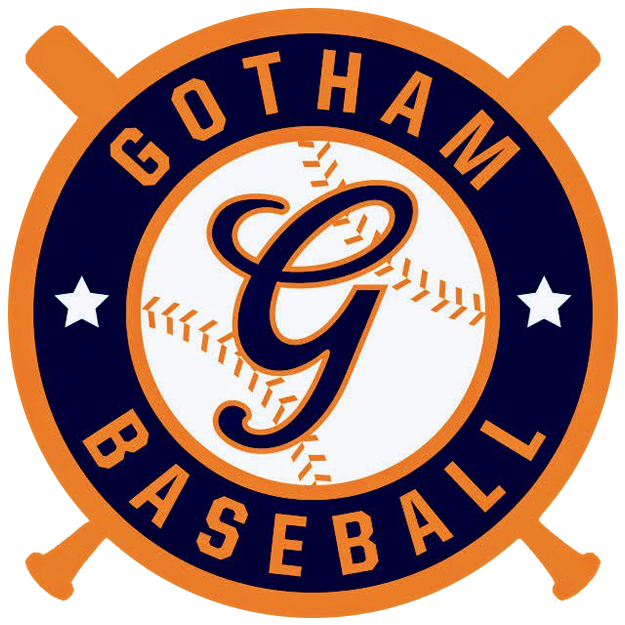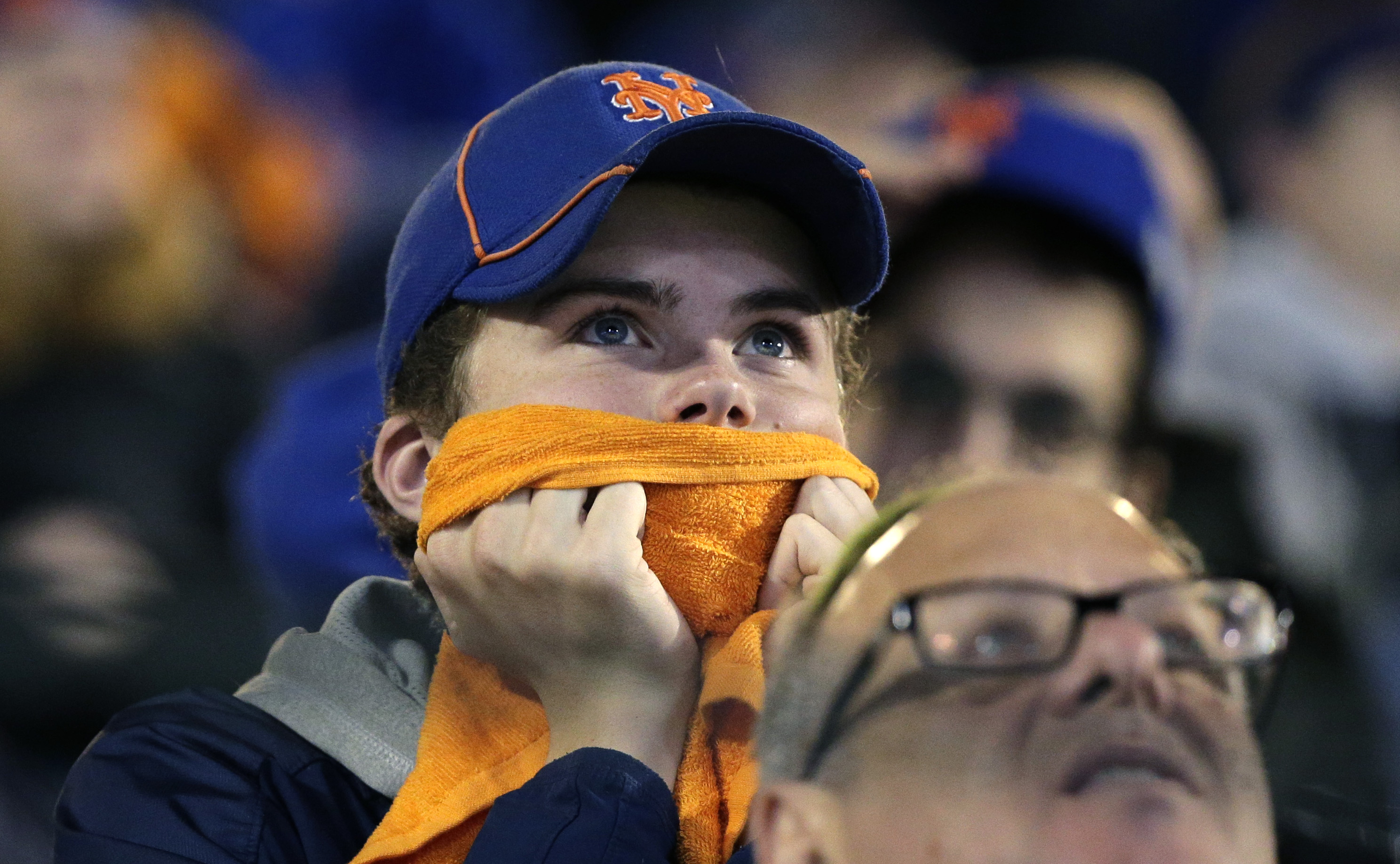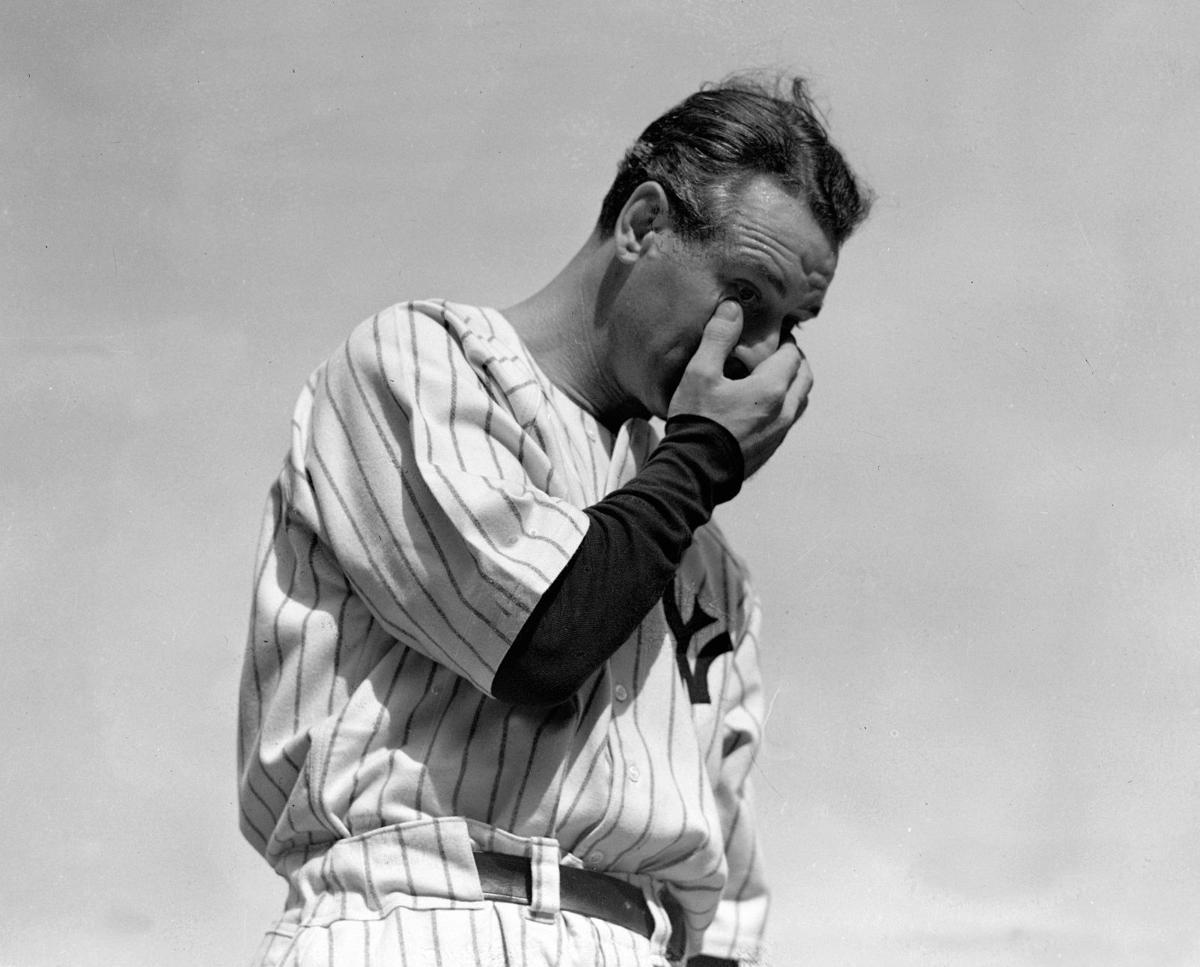Following this past Tuesday’s Mets 25-4 loss to the Nationals, the most lopsided defeat in team history, an online mental health marketplace created an offer: free, confidential therapy sessions to Mets fans.
Before beginning to examine the effects on the mind that hardcore rooting for a team might have, it’s probably best to acknowledge the obvious – this offer is a virtually annual punchline coming to life. This is like watching chickens crossing the road, or having a bunch of bananas and then an orange knocking on your door, or running out of soap and only possessing a radio. Point is, for years people having been questioning the mental capacity of Mets fans, as they root so hard for a team that almost always lets them down, often in ways nobody could have imagined. And now, a company has decided to use this as a way to highlight the very important need to eliminate the stigma of seeking therapy.
It is in that spirit that I have asked my wife, Heather, to join me in writing this article. Actually, full disclosure, she volunteered, which forced me to write it quickly before she changed her mind. For the past year or so, Heather has been working on a specific type of therapy known as DBT (Dialectical Behavior Therapy.) This method is based in the belief that two things can simultaneously be true. You can love your kids and need a vacation from parenting. You can hate your job and want to stay to make connections in a particular industry. You can root for a team who always lets you down, and still not give up faith. So let’s take a deeper look at the effect that rooting for a last-place team has, in hopes that understanding this will help Mets fans cope and, possibly more effectively, understand why we, as humans, often put ourselves in a position to be let down.
About 18 years ago, in an article in the New York Times (“Sports Psychology; It Isn’t Just a Game: Clues to Avid Rooting” 8/11/2000), James C. McKinley Jr. examined various theories about what kind of people become sports fans, and why. It’s a lengthy and thoroughly informative article. One idea McKinley examines is that there’s a link between rooting for your local team, and warriors fighting to protect small tribes in more primitive times. While the small tribe’s dependence on the warrior’s success was related to actual survival, there is obviously a modern-day link between a team’s success and an avid fan’s happiness. There’s a reason such fans are called “die hard”. Speaking on a personal level, I am generally in a much better mood when the Mets win, and sound more like the fictional character “John Charles Walters” who appears at the end of the Taxi credits, when they lose. While it may not be survival in the primitive sense, it’s not that far removed.
It’s not all about wins and losses, right Heather? Not at all, Shai. Not at all. Sports fans invest so much energy, time, money, spirit and faith in their teams. They show up for every game. They sit in the rain. They check scores while out to dinner on their anniversaries. They name their children after stadiums. (We all know a kid named Shea, don’t we?!) And when their favorite team loses, they go home and sulk. As studies suggest, they might fall into a depression or simply have a hard time getting out of bed the next morning. When those same people go to a game and their favorite team wins, they celebrate. They stay out late and drink beers in the lot. They high-five the guy sitting next to them, whom they’ve previously never met.
One of the things Shai and I discuss frequently, almost obsessively, is this idea that something outside of us can have such a great impact on how we treat each other on a daily basis. I am the kind of person who gets very easily attached to ideas, for example, without exploring them fully. So attached, in fact, that if I have a thought, whether positive or negative, it consumes my every waking moment. Why do I feel this insatiable need to put all of my energy into something that might not be effective? Why would I choose to neglect my own life in exchange for heartbreak and rumination over something that is not going to care about me in return? Enter therapy. In my case, Dialectical Behavior Therapy. Throughout this past year, I have been learning that it is ok, necessary even, to validate my emotions and thought patterns, AND (a very important word in DBT), know that they don’t have to rule my existence.
One of the fascinating sides of being a fan is that we know we don’t actually control the action on the field, yet we still feel like participants and expect that we can affect the result. Whether it’s being loud enough in the stadium to mess with the opposing team’s concentration, coming together to belt out a rally cry in an effort to keep a team’s momentum going, or not shaving during your favorite team’s winning pennant race in hopes that such superstition can provide additional good luck (I think I knew someone who did that in 2015 and then looked ridiculous when he finally shaved his beard off), fans want to feel like they’ve contributed. So, even though they may not have much of an actual impact on the outcome, they often seem to feel the effects as if they did. Similarly, while logic makes it obvious that a team losing an important game (or a non-important, but still brutal, 25-4 game) should not elicit the same emotional response as a tragedy like losing someone close to you, the reactions often seem to be at the same level. We feel what we feel.
One way to explain these behaviors is by admitting that we all have a great desire to connect. We all have a hunger for community. We all want to be a part of something bigger than ourselves. It is unexplainable, and it needs to be validated. Then, once it is validated, we need to learn how to cope. These overwhelming feelings we have when our team lets us down are not going away. Dialectical Behavior Therapy tells us it is not effective to deny those feelings, birthed from our subconscious craving to bond, nor is it effective to continue to live in a space where we cannot handle our own lives because the Mets blew their chance again. This is where Radical Acceptance comes in. Radical Acceptance is quite possibly the most difficult of the DBT skills to learn and use, as it requires one to know that what has happened in the past cannot be changed. You don’t have to like it, but you have to learn to deal with it. And then there are the coping skills. When you know ahead of time that there’s a great possibility that something isn’t going to go your way, you can prepare yourself by anticipating how you’re going to feel and allowing yourself to experience those feelings when your greatest fear comes true. And maybe, by doing this, you take a bit of the burden off of yourself and go back to your personal life with the understanding that things can sometimes be quite insurmountable and still don’t have to be all-consuming.
For UMA Healthcare, advertising specifically to Mets fans is a clever way of de-stigmatizing mental illness. As Heather mentioned, for her, a specific type of therapy continues to help open her eyes to new ways of approaching familiar challenges, no matter their significance. For Mets fans, getting a grasp on how to manage the team’s extreme ups and many downs can enable us to celebrate their victories without taking credit for them, and more importantly, experience their losses without feeling like we’ve failed.
If you’re interested in more of what Heather has to say about life, mental illness, and being married to me, follow her on Instagram (missrubyfly) or Twitter (@missrubyfly). And while you’re at it, follow me on Twitter as well (@ShaiKushner).



